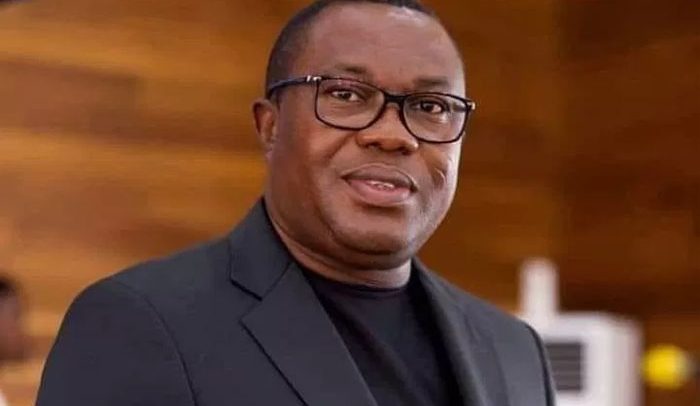Samuel Ofosu Ampofo
The opposition National Democratic Congress (NDC) has expressed ‘gratitude,’ to the ruling New Patriotic Party (NPP) for inviting it to a meeting this week to deliberate on the possible disbandment of political parties’ vigilante groups.
However, the NDC is adamant that the issue of political vigilantism is not just for the two parties to tackle, saying it has become a national issue that requires multi-stakeholder engagement to deal with it.
In a response to the NPP’s invitation, the NDC, in a letter signed by its Chairman Samuel Ofosu Ampofo, said they agree that the parties should meet but want the scope to be broadened.
The party stated that organized violence has been pronounced not only in the political space but land sector and chieftaincy affairs.
The NDC acknowledged the wisdom in President Akufo-Addo’s drive to pass a legislation to deal with the menace, but maintained a national consensus on the matter would be necessary.
It asked the President to support both the NPP and NDC to find ways of meeting and deliberating over the matter.
According to the party, the organized violence has become a threat to national security and thus it was important that both parties and other key stakeholders find lasting solutions.
The NDC said they have “taken the liberty to request the National Peace Council to kindly exercise its statutory mandate and assume the role of a mediator.”
NPP Invitation
On March 15, the NPP, through its General Secretary John Boadu, officially invited the NDC to a meeting on the disbandment of political vigilante groups which both parties consider to be a threat to the security of the country.
The NPP took the step in reaching out to the NDC in spite of the President’s directive to the Attorney General to prepare ‘specific’ legislation to deal with the phenomenon of vigilantism and provide appropriate sanctions against its occurrence.”
The NPP, in the letter, said specifically that they are not against any multi-stakeholder engagement, but wanted the two leading parties to meet first and set the ground rules for subsequent discussions.
The President has made it clear that the directive to the AG “is without prejudice to the outcome of the engagement between the leading parties.”
BY Melvin Tarlue

